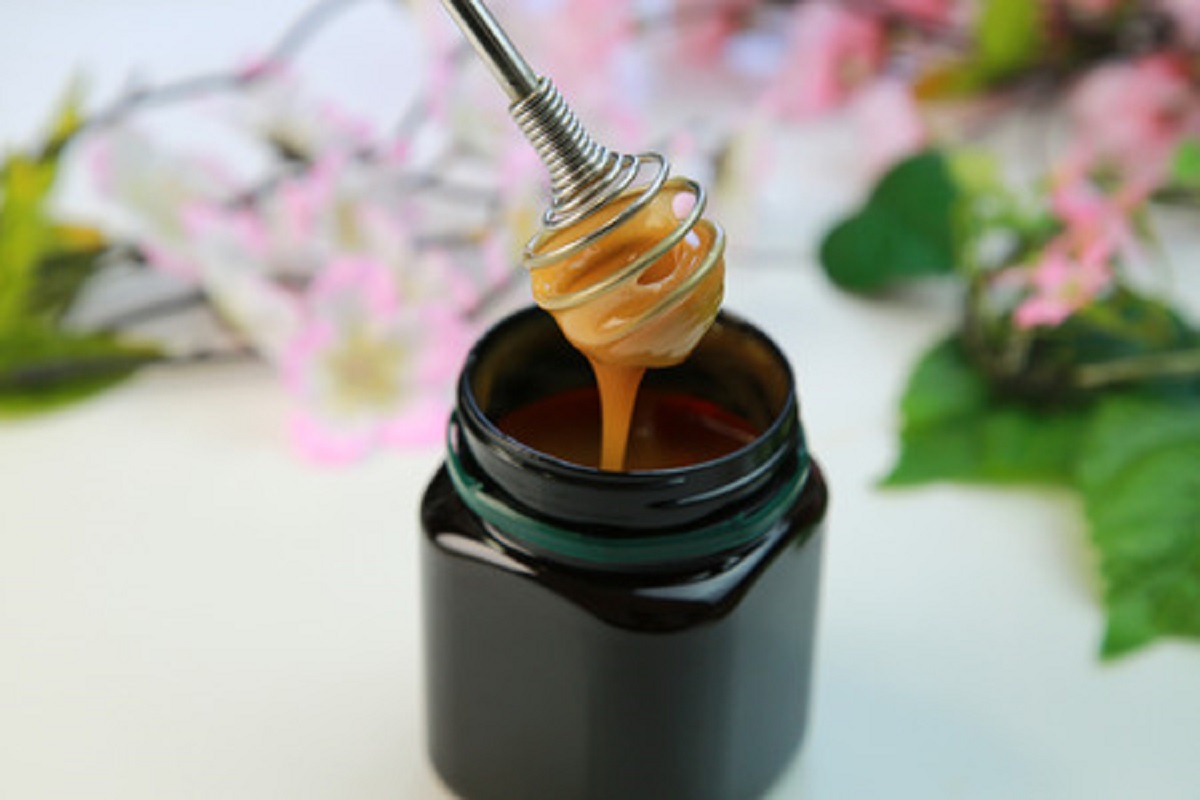Manuka Honey Not Immune to Bad Weather
January 29, 2017
Honey News, Manuka Honey , Honey Industry
Down in New Zealand, the home of Manuka honey, poor Manuka nectar flow is expected to result in a 70-80 percent drop this season in Manuka honey production across the country. “Indications so far are there will be a considerable drop in supply,” says Ben Stewart, manager of Gisborne’s First Light Honey processing and packing plant. “The yields are way down. With this industry, there is a lot of long-term storage of Manuka honey though. Storage improves Manuka honey’s UMF over time.”
Less than ideal weather is known to affect honey production, as was the case here, leaving beekeepers facing one of their worst seasons in a while. Wet and strong winds can affect honey production due to the poor harvesting conditions they create, discouraging bees from collecting nectar. If honey supplies continue to fall short, surplus stock from last year’s harvest may prevent prices from rising, but it’s hard to say at this point.
Honey collecting season usually runs from October to the end of the February, but collecting seasons could run later than usual because of the weather. Comvita chief executive Scott Coulter said there was likely to be a 60 percent drop in harvest prospects for the 2017 honey season. "The majority of the country has seen cold, wet, and windy conditions over the optimal nectar flow period. There is still some time in certain areas of the country, subject to a sustained period of fine weather, to see some form of recovery. However, it appears the whole industry is experiencing one of the most difficult honey production seasons for many years."
The full impact of this weather on this season’s production will be better known in March after the honey has been extracted. "Manuka produces nectar for the first six days the plant is in flower," says former New Zealand Beekeepers’ Association President Barry Foster. “If you get bad weather in those six days, you won’t get nectar.” If New Zealand’s west coast sustains fine weather for the rest of the summer, there’s a better chance of recovering production there. On the east coast, any wind burnt pastures will need time to recover before they can harvest.
Rhys Flack, an export manager for Arataki Honey, said, "There's a lot of trepidation looking at the season…The poor season may not necessarily mean honey prices would spike in the supermarket because there would be some carry-over stock from last year's bumper season. You can see the price of honey in stores, and that's a supply-demand situation. If production is going to be down this year, then there will be more of a demand factor." Beekeeper Moira Haddrell added that next month is critical for beekeepers who desperately need successive days of hot, still weather and humid nights. "We need 16 degree nights, we need it to be hot and sticky. Once we get those, the honey flow really starts."
Copyright: yasuhiroamano / 123RF Stock Photo


.jpg)




